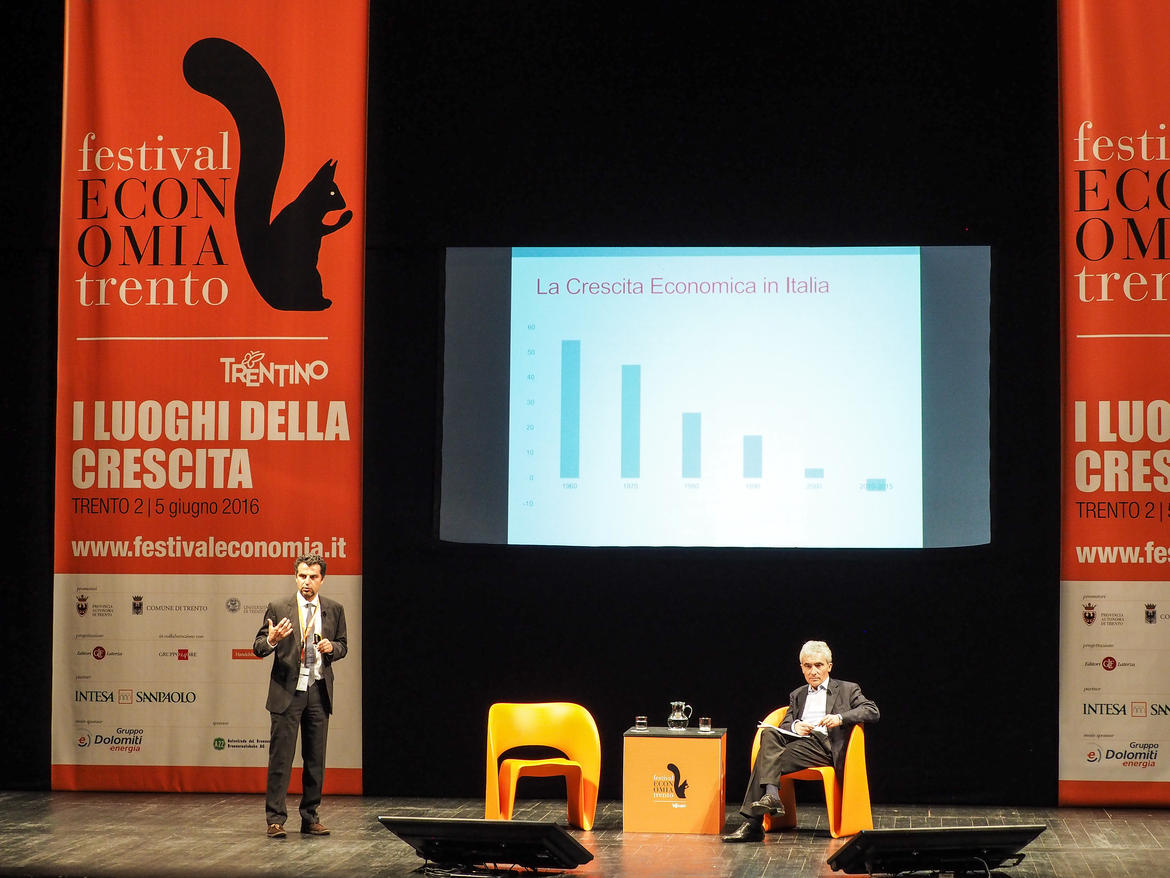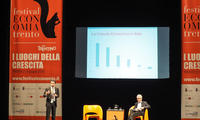
“During the last three decades – says Enrico Moretti – we observed a significant change in labour market, above all in developed countries as US, Germany or Italy, and employment in traditional manufacture decreased by 50%. While in the 80’s the winning elements was physical capital (machinery, infrastructure, transports), today factor who makes the difference is human capital (higher education, creativity, innovation)”. Anyway, differences among territories is evident even within the US. From the “brains hubs” as San Francisco, Seattle, Austin, Boston (where almost 50% of employed are graduate or post-graduate and average wage varies from 80.000 to 100.000 US$) to the “traditional industrial districts” as Detroit, Cleveland, Philadelphia (where highly educated workers are 11-12% of total labour force and mean salary amounts to 45.000 / 50.000 US$) there are deep difference that can be compared with the gap existing between the US itself and developing economies.
“Considering that globalization and automation destroyed some 380.000 jobs per year in traditional industry in the US – adds Moretti – the success of recovering a declining economy was the creation of hi-tech districts as for instance happened in the Silicon Valley or Seattle (where Microsoft set up its headquarter on 1979, followed by Amazon on 1994). In such a “innovation clusters” one high-salary job in hi-tech industry can generate five jobs in local services and satellite activities”. As an evidence of this trend the number of engineers, doubled from the 80’s to present day.
And concerning Italy? “Italy is not San Francisco, neither Detroit – underlines Moretti – but it stands in a halfway position. Productivity per worker is low, investments in R&D are inadequate, there are not “brains hub” or “innovation clusters”, a true “venture capital” is still missing and most of graduation are in unproductive sectors”. Yet, Italian industry is still active in traditional manufacture, competing with emerging economies, with low investments in human capital. “Nowadays, to be small is not any more attractive – outlines Moretti – because fixed cost - as R&D or exporting facilities - are too high to be afforded by a single small enterprise”. Anyway, other than listed features, one of the reason why Italy does not attract foreign investments is uncertainty in civil law.
So no way out for Italy? “Recently approved Jobs Act could foster investments on human capital – concludes Moretti – nevertheless for Italy it is important to find new hi-tech sectors able to replace the irreversible job loss in traditional manufacture, and if possible to attract talented people”. “We would be happy if we at least won’t lose our talented people escaping abroad – closes Boeri – since they are doing the fortune of many of the brains hub Moretti mentioned”.
Web: http://2016.festivaleconomia.eu
Web: http://2016.festivaleconomia.eu
Twitter: @economicsfest
Facebook: https://www.facebook.com/festivaleconomiatrento








